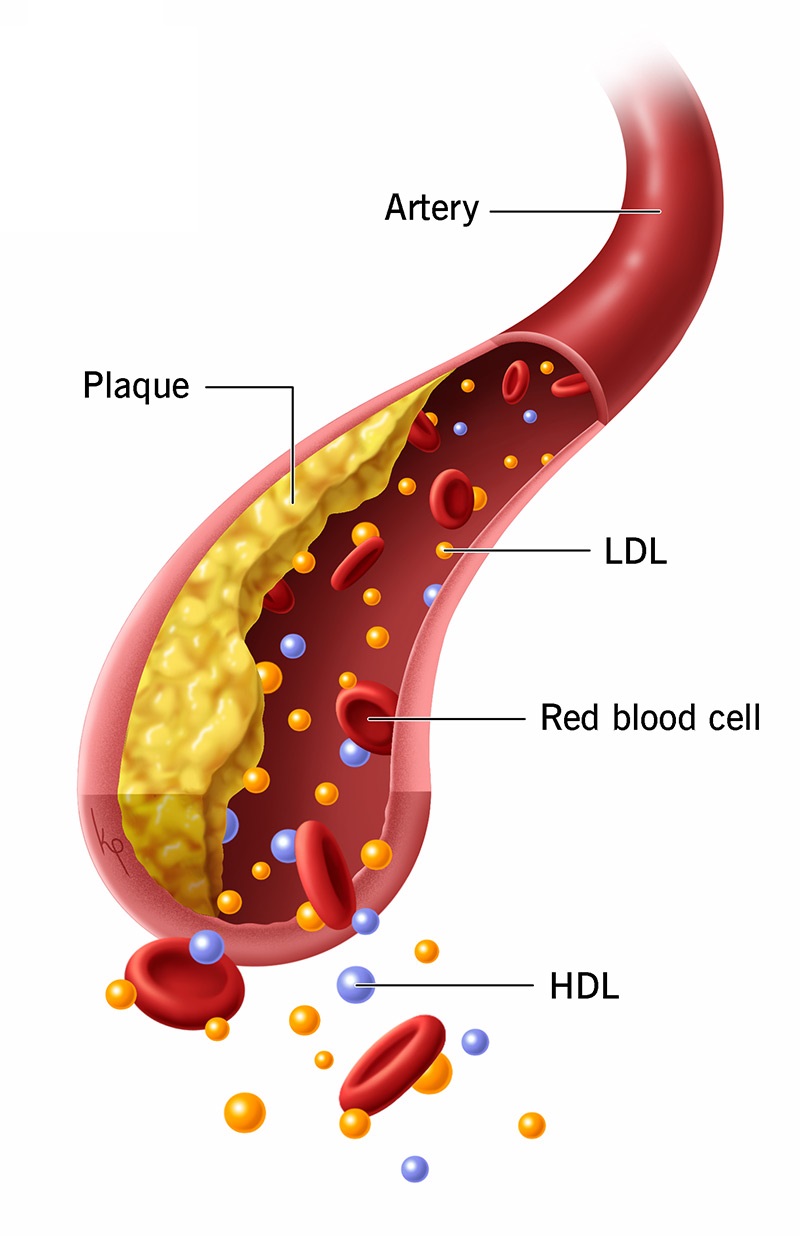
HIGH CHOLESTEROL
Date: 2024-10-01
Author:
Short Description:
Cholesterol: The Silent Killer
Cholesterol, a waxy substance produced by the liver and found in animal-based foods, plays a crucial role in the body's functions. However, high cholesterol levels can lead to serious health problems, including heart disease, stroke, and even death.
Full Article
Understanding Cholesterol:
There are two main types of cholesterol:
- Low-density lipoprotein (LDL): Often referred to as "bad cholesterol," high LDL levels can increase the risk of heart disease.
- High-density lipoprotein (HDL): Known as "good cholesterol," high HDL levels can help protect against heart disease.
Causes of High Cholesterol:
- Diet: Consuming a diet high in saturated and trans fats can raise LDL cholesterol levels.
- Genetics: Some people may have a genetic predisposition to high cholesterol.
- Lifestyle: Factors such as smoking, obesity, and lack of physical activity can contribute to high cholesterol.
- Medical conditions: Certain medical conditions, like diabetes and hypothyroidism, can affect cholesterol levels.
Health Risks Associated with High Cholesterol:
- Heart disease: High LDL cholesterol can lead to the buildup of plaque in the arteries, which can increase the risk of heart attack and stroke.
- Stroke: When plaque ruptures in the arteries leading to the brain, it can cause a stroke.
- Peripheral artery disease: This condition occurs when the arteries in the legs become narrowed, reducing blood flow and causing pain or cramping.
Tips for Lowering Cholesterol:
- Healthy diet: Choose lean proteins, whole grains, fruits, and vegetables. Limit saturated and trans fats, and avoid processed foods.
- Regular exercise: Aim for at least 30 minutes of moderate-intensity exercise most days of the week.
- Weight management: Maintaining a healthy weight can help lower cholesterol levels.
- Quit smoking: Smoking damages blood vessels and can raise cholesterol levels.
- Limit alcohol consumption: Excessive alcohol intake can negatively impact cholesterol levels.
- Medications: In some cases, cholesterol-lowering medications may be necessary to manage high cholesterol.
When to See a Doctor:
If you have a family history of heart disease or high cholesterol, it's important to get regular check-ups. Your doctor can assess your risk factors and recommend appropriate steps to manage your cholesterol levels.
Remember, high cholesterol is a preventable and manageable condition. By making healthy lifestyle choices and working with your healthcare provider, you can significantly reduce your risk of heart disease and other serious complications.
